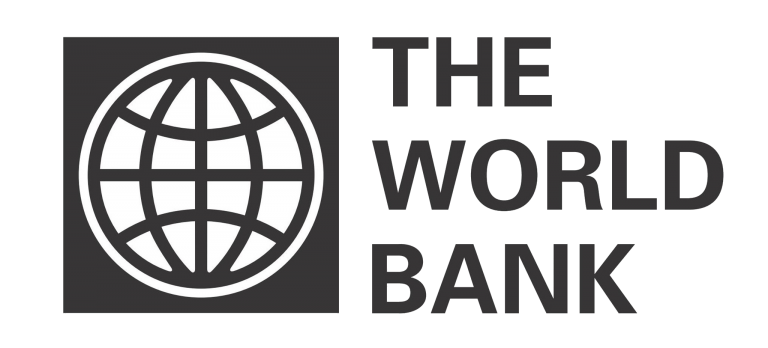A new statement from the World Bank Group on Tuesday warned that the strong 5.5% rebound seen in the global economy in 2021 may be short-lived after all, owing to a myriad of challenges, including fears of the global economy entering into a pronounced slowdown, amid fresh threats from COVID-19 variants.
The bank said in its latest Global Economic Prospects report, that the global economic growth may dip to 4.1% this year, and then to a further 3.2% by 2023, owing to other factors like rising inflation, mounting debt stack, and worsening income inequality that could endanger the recovery, especially in emerging and developing economies
The gradual shrink in the economy is also blamed on dissipating pent-up demand, even as fiscal and monetary support is unwound across the world.
According to the statement, “the rapid spread of the Omicron variant indicates that the pandemic will likely continue to disrupt economic activity in the near term. In addition, a notable deceleration in major economies—including the United States and China—will weigh on external demand in emerging and developing economies.
“At a time when governments in many developing economies lack the policy space to support activity if needed, new COVID-19 outbreaks, persistent supply-chain bottlenecks, and inflationary pressures, and elevated financial vulnerabilities in large swaths of the world could increase the risk of a hard landing.”
The statement quoted World Bank Group President David Malpass, as saying “the world economy is simultaneously facing COVID-19, inflation, and policy uncertainty, with government spending and monetary policies in uncharted territory. Rising inequality and security challenges are particularly harmful to developing countries. “Putting more countries on a favorable growth path requires concerted international action and a comprehensive set of national policy responses.”









